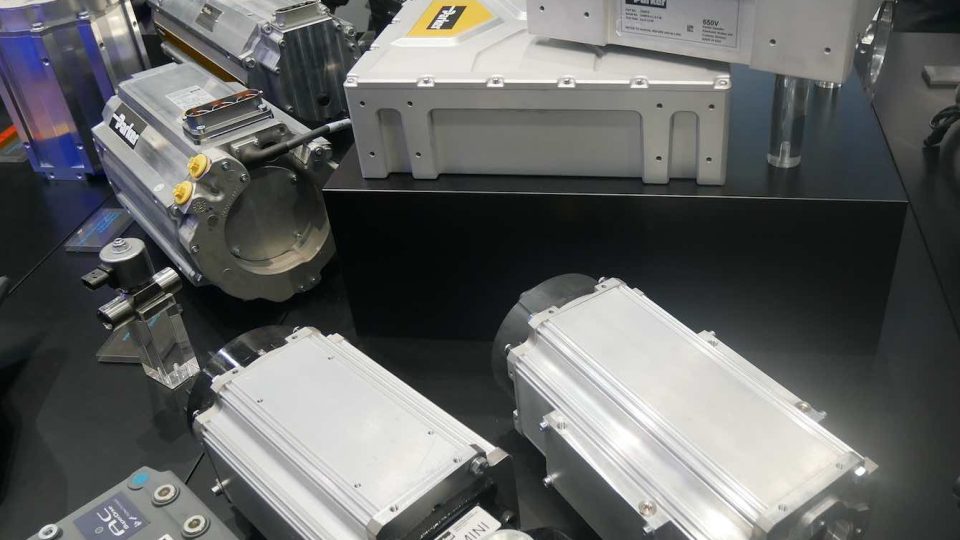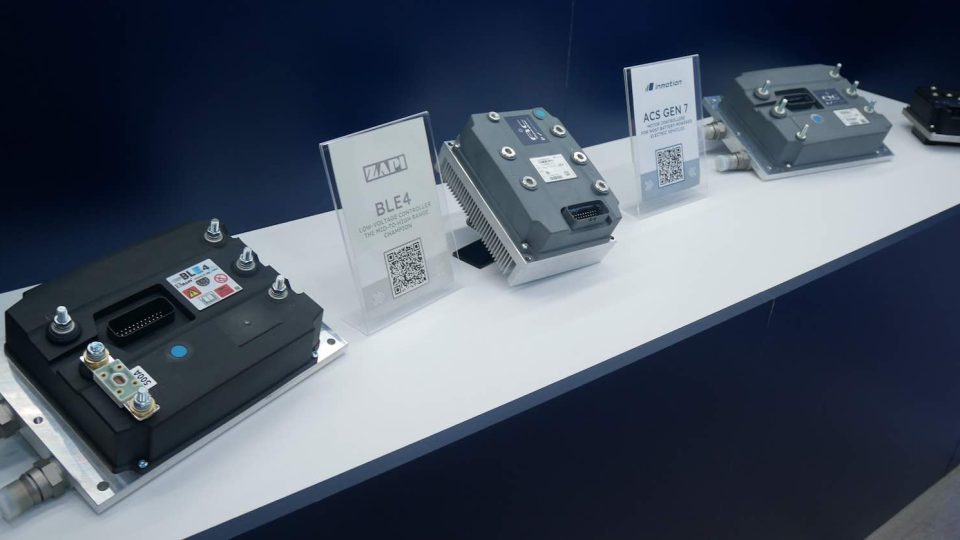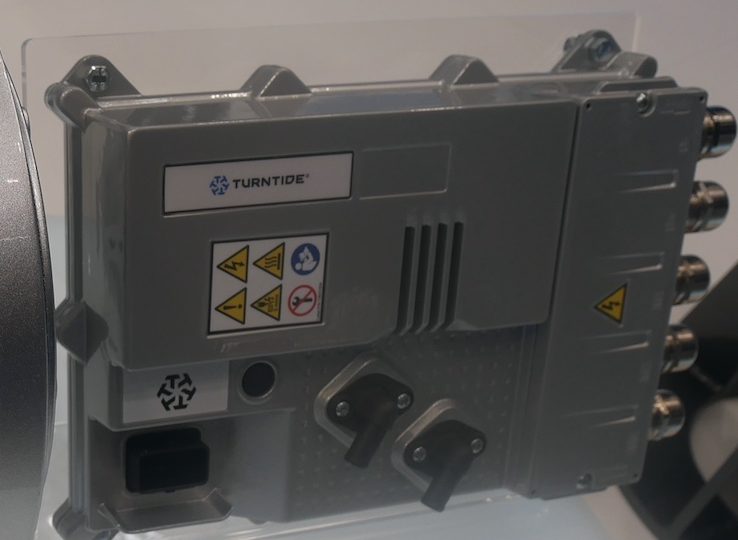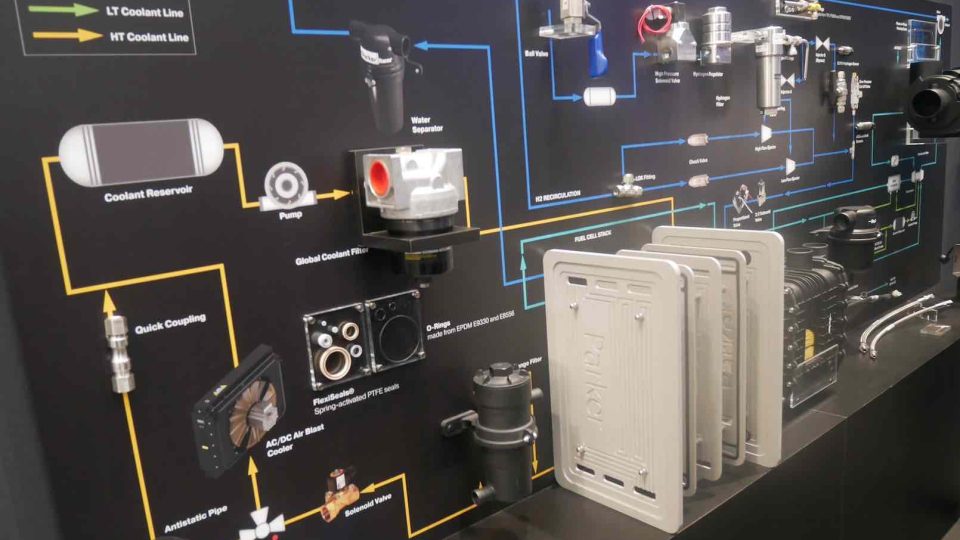Vetus Navidurin blend receives Lloyd’s Register approval
Vetus is announcing that its proprietary polymer blend, Navidurin, has been awarded Lloyd’s Register Certification. Navidurin is used in a range of products, including exhaust systems, waterlocks and water strainers, for both recreational and commercial vessels.
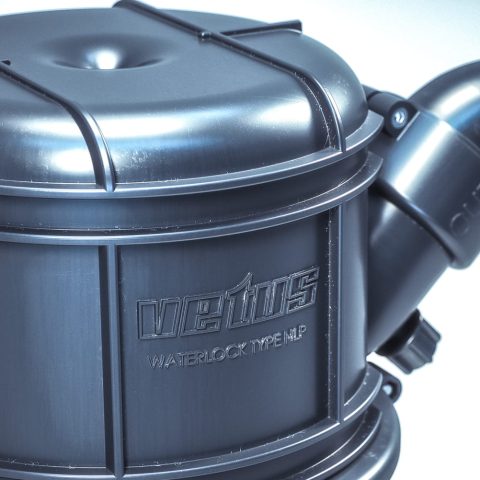
Vetus is announcing that its proprietary polymer blend, Navidurin, has been awarded Lloyd’s Register Certification.
The Type Approval from maritime industry specialist Lloyd’s Register (LR) demonstrates that Vetus’s high-performance, specially blended composite meets the required international quality standards in compliance with LR Rules.
Incorporated in multiple Vetus products around the engine, Navidurin is optimized for use in marine systems and offers critical benefits compared to conventional polymers for applications spanning the recreational, commercial, and military sectors.
The exclusive Vetus blend features a combination of additives to deliver a unique set of properties, including exceptional durability, a higher resistance to extreme heat and pressure, and superior tensile and flexural strength.
Arthur Roeling, Director R&D and Service at Vetus, said: “We are delighted to confirm the Lloyd’s Register Certificate for Navidurin – an endorsement of great significance for our customers and partners in both the recreational and commercial sectors. Offering outstanding durability, resistance and longevity, our proven, cost-effective special blend is incorporated within the development of many Vetus products due to its unique properties and its ability to withstand any challenge in commercial and military applications. This recognition from the industry specialists in marine classification proves that Navidurin stands out in the market and provides additional confidence for our suppliers.”
Navidurin is used in a range of Vetus products, including, but not limited to, exhaust systems, waterlocks and water strainers, for both recreational and commercial vessels. Ideal for use in products for thermal applications and for precision-engineered products, the blend has a heat deflection temperature of 250 °C, high resistance to elongation and delivers good finishing qualities. It is also lightweight, corrosion free, galvanically isolated and heat-ageing stabilized.




